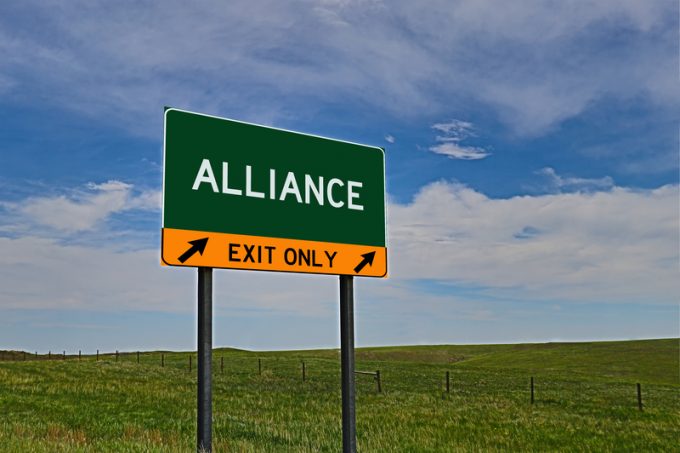Shippers urge EC and other regulators to take charge of 'skewed' liner market
Regulators must start to take an interest in the “unfair” container line market, according to ...
WTC: RIDE THE WAVEFDX: TOP EXEC OUTPEP: TOP PERFORMER KO: STEADY YIELD AND KEY APPOINTMENTAAPL: SUPPLIER IPOCHRW: SLIGHTLY DOWNBEAT BUT UPSIDE REMAINSDHL: TOP PRIORITIESDHL: SPECULATIVE OCEAN TRADEDHL: CFO REMARKSPLD: BEATING ESTIMATESPLD: TRADING UPDATEBA: TRUMP TRADE
WTC: RIDE THE WAVEFDX: TOP EXEC OUTPEP: TOP PERFORMER KO: STEADY YIELD AND KEY APPOINTMENTAAPL: SUPPLIER IPOCHRW: SLIGHTLY DOWNBEAT BUT UPSIDE REMAINSDHL: TOP PRIORITIESDHL: SPECULATIVE OCEAN TRADEDHL: CFO REMARKSPLD: BEATING ESTIMATESPLD: TRADING UPDATEBA: TRUMP TRADE

There is an interesting piece on LinkedIn, questioning why the EC decided to extend the liner shipping block exemption for another four years. The writer, Pablo Rodas-Martini, takes “devastating” excerpts from the study done by the International Transport Forum (ITF) and the OECD titled The Impact of Alliances in Container Shipping.
The paragraphs he highlights are unequivocally damning about alliances, and (when read in isolation), they do indeed make one “puzzled” about the EC’s decision. And he calls for readers to show any studies which refute the ITF one.


Comment on this article
Gary Ferrulli
November 22, 2019 at 4:00 pmThe EC exemption may be puzzling to some, but if you want services to lessen,
expire the exemption in 2020. How many carriers could, on their own, service the major East-West Trades? How many have the vessel capacity, on their own, to provide services between Asia and Europe? So what happens when four or five “carriers” of today in those markets no longer service those markets due to the lack of the capacity, and the right capacity, to service the trade? Will things be better or worse? Certainly fewer carriers to deal with won’t be an advantage to shippers. And even those with the vessels to service the trade will have less capacity, some of the partners will no longer provide some of the vessels they used for capacity. Will that encourage those left to build more ships? Why, to continue to reduce rates and give away profits as they have for the last 10 years? The saying be careful what you wish for is one that fits this situation.